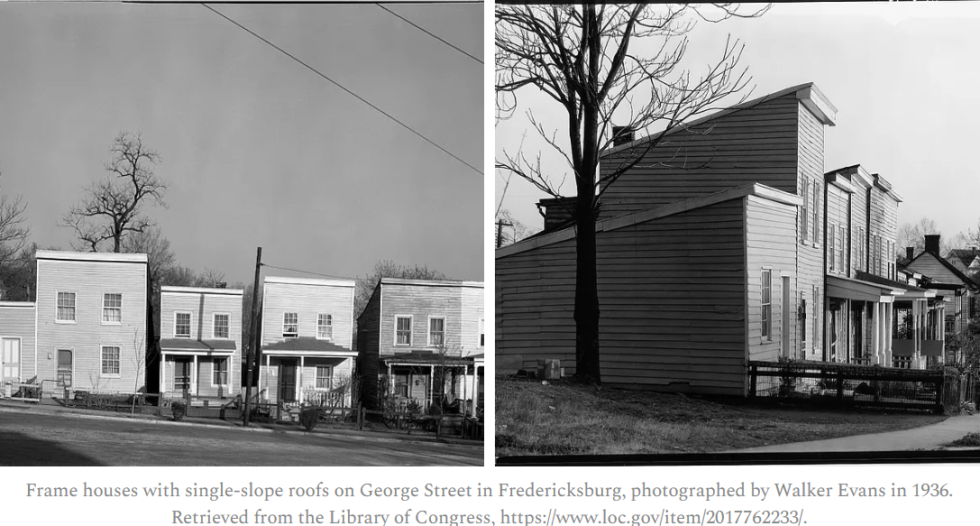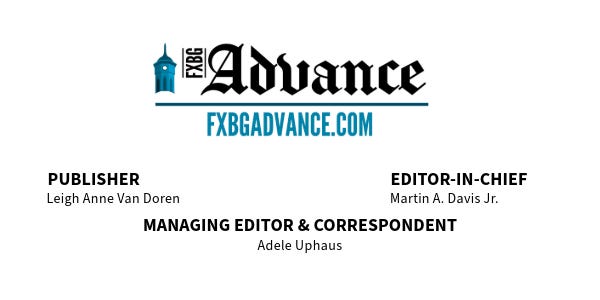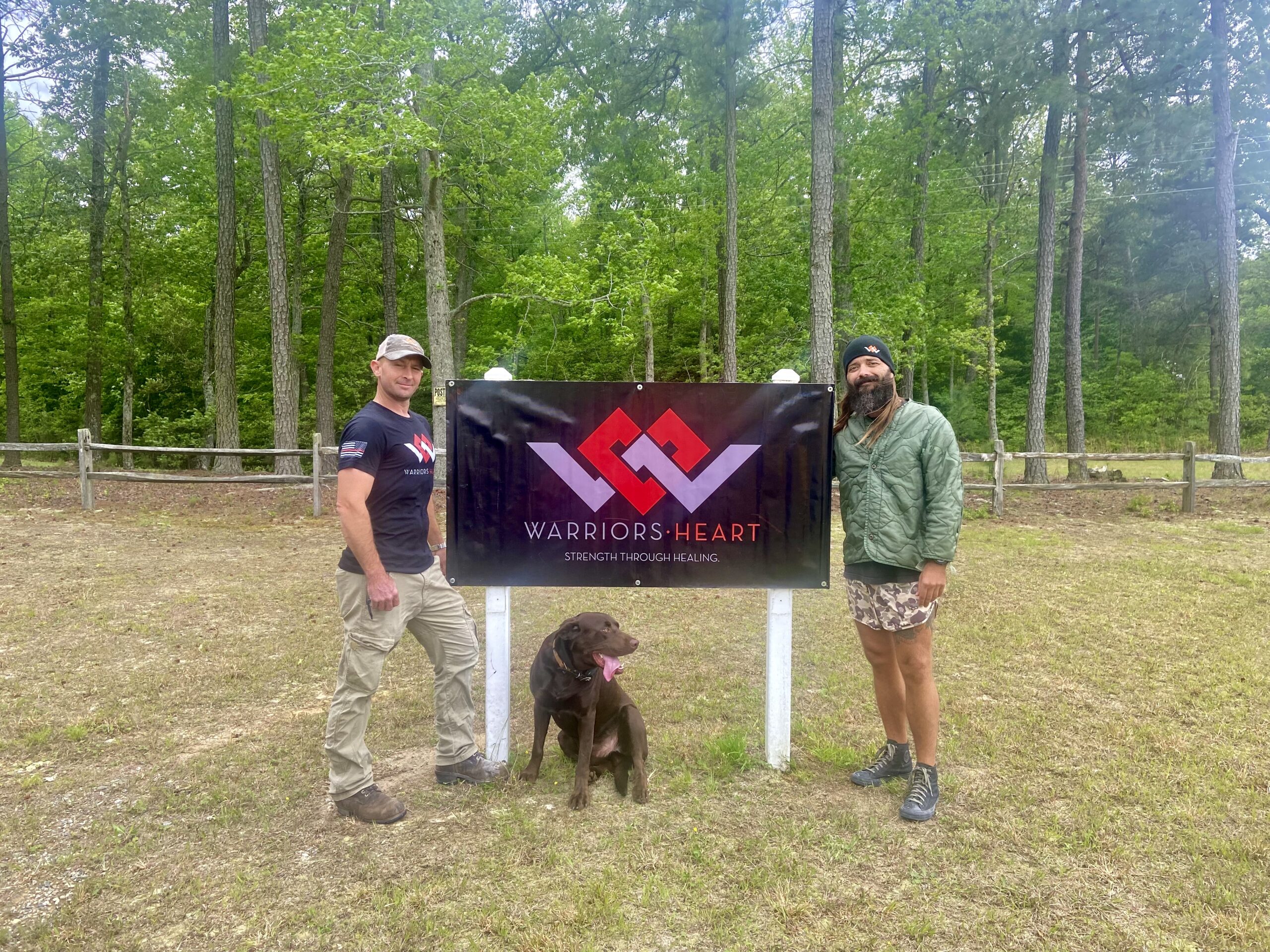
Deane and his wife Lucy financed the construction of 19 houses in the Liberty Town neighborhood of Fredericksburg between the late 1880s and 1908.
By Adele Uphaus
MANAGING EDITOR AND CORRESPONDENT
Email Adele
The area of Fredericksburg known as “Liberty Town”—around Liberty and George streets near Maury Stadium—tells a story of African American entrepreneurship and homeownership in the early years of enforced segregation.
Between the late 1880s and 1909, Henry and Lucy Deane financed the construction of 19 houses and two stables on land they owned in this part of town, according to an article on African American domestic architecture by Gary Stanton, emeritus professor of historic preservation at the University of Mary Washington, and Matt Scott.
Henry Deane was born into slavery in Powhatan County and was “body servant” to Confederate general Nathan Bedford Forrest during the Civil War. In 1868, he came to Fredericksburg, worked as a porter for several local businesses, and then started his own livery, or carriage-for-hire, business.
Subscribed
Deane married Lucy Combs, who was the daughter of the sexton, or caretaker, of the Town Cemetery, and she became his business partner. Henry Deane’s financial resources were “virtually nonexistent” when he came to Fredericksburg, according to the article, but the couple were ambitious and thrifty and were able to buy land.
The area known as Liberty Town had been developed in the 1820s, according to the article, but the buildings were destroyed during the Civil War and the land was “unattractive to white developers” after the war because business opportunities had moved elsewhere in town.
The Deanes bought “marginal vestiges of larger tracts” and subdivided them into “narrow odd-shaped lots” and paid “unnamed carpenters” to build houses on them. The houses were narrow and had single-slope roofs, which were less expensive to build. They “were considered without merit,” according to the article—but they were purpose-built and had brick foundations and standing seam metal roofs.
Houses with single-slope roofs such as the ones Deane had built were only constructed in the 1880s and 1890s, according to the article, and they “testify to the Black entrepreneur and the emerging access to funds that provided precarious illusions of stability and self-actualization.”
“Henry Deane’s ambition did not seek to compete with white entrepreneurs—contractors, merchants, or capitalists—in providing homes for the middle class; he sought to have built buildings that met the needs of men and women who were not able to aspire to the middle class, because segregation stigmatized them in their access to work, education, and property,” the article states.
Henry and Lucy Deane sold 17 houses to Black men and women, both single and married in 1892 alone. Many who lived in the neighborhood worked as servants in the homes of Fredericksburg’s “socially prominent,” to which they could walk from their own homes.
In addition to his other jobs, Deane was nominated by a City Council member to be a policeman—the only African American ever nominated to such a position in the city before the mid-20th century, according to the article.
The Deanes had a larger home built for themselves on George Street with four rooms on each floor, in which Henry Deane died in 1908. His obituary in the Free Lance from June 30, 1908, describes him as a “well known colored liveryman” and an “active, hustling colored citizen.”
Without his hard work, the Deane family could not afford to continue buying and selling real estate. Lucy Deane went back to work as a house servant and “entire blocks of the neighborhood where Henry Deane had prospered, including the fine house that Deane built for his family, would be purchased and demolished, and new owners have modern homes built in the Colonial Revival formula,” according to the article.
A local judge bought some of Deane’s properties at auction in 1909 and when he sold them to his brother in 1920, he included restrictive covenants in the deed preventing the lots from being sold “to any other than white persons as the owners or tenants thereof” and stating that “no flat roofed building shall be erected.”
The Deane houses that remain standing today represent “the achievement of goals of those who had little.”
“They well-served their purpose of the time of their construction and have been constantly repaired and refit as sufficient domestic space,” the article states. “Today few of these buildings are owned by African American families. But within the pantheon of working-class housing, they deserve to be recognized and recorded. They give testimony to the evolving social and cultural landscape, of building innovation by and for the people who had less access to wealth and power, but by dint of their own efforts, made these houses homes.”






Local Obituaries
To view local obituaries or to send a note to family and loved ones, please visit our website at the link that follows.

Support Award-winning, Locally Focused Journalism

The FXBG Advance cuts through the talking points to deliver both incisive and informative news about the issues, people, and organizations that daily affect your life. And we do it in a multi-partisan format that has no equal in this region. Over the past month, our reporting was:
$8 a month supports great journalism
- First to report on a Spotsylvania School teacher arrested for bringing drugs onto campus.
- First to report on new facility fees leveled by MWHC on patient bills.
- First to detail controversial traffic numbers submitted by Stafford staff on the Buc-ee’s project
- Provided extensive coverage of the cellphone bans that are sweeping local school districts.
- And so much more, like Clay Jones, Drew Gallagher, Hank Silverberg, and more.
For just $8 a month, you can help support top-flight journalism that puts people over policies.
Your contributions 100% support our journalists.
Help us as we continue to grow!
Support FXBG Advance for $8 a month







